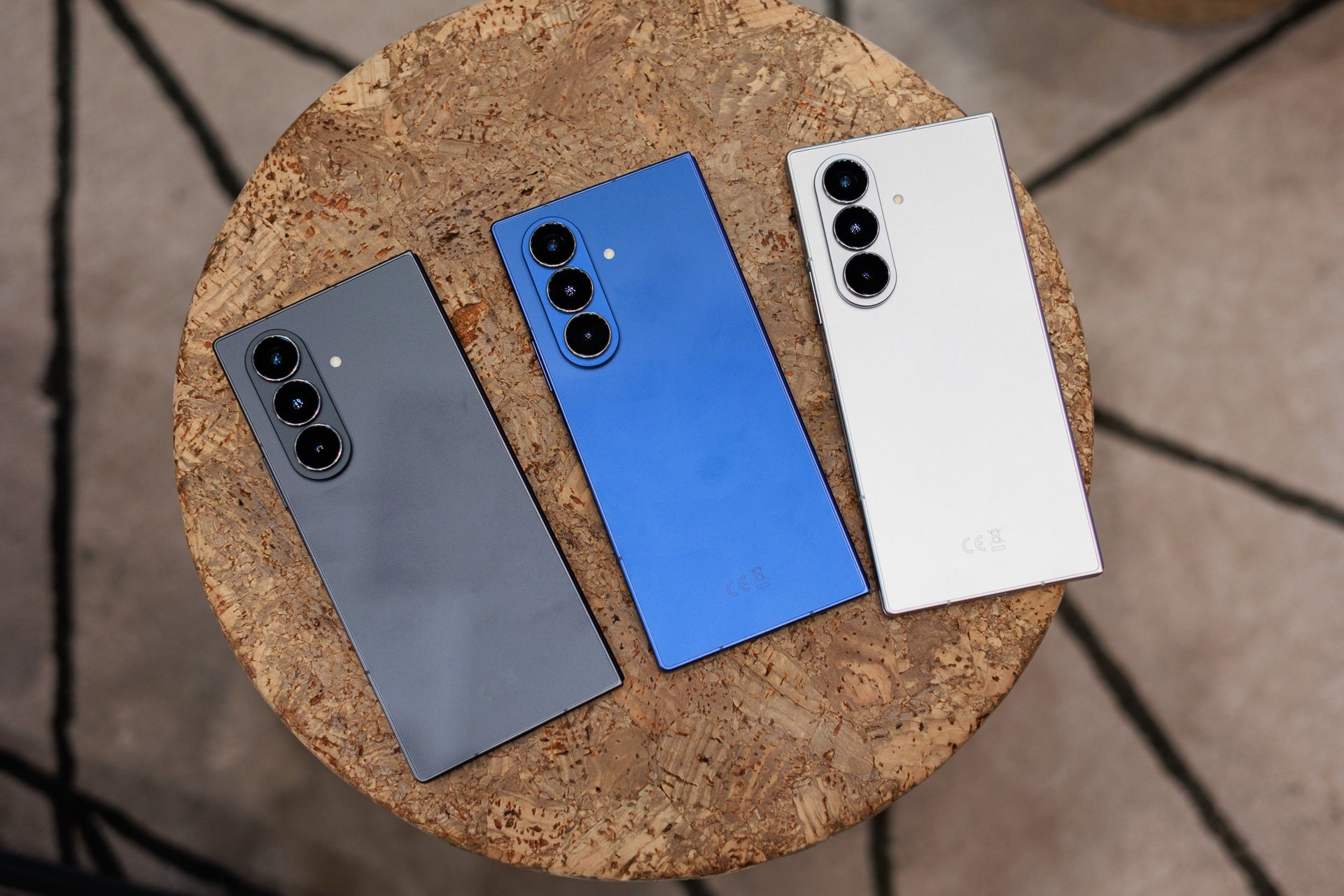
Ever since Intel made an initial announcement about “AI PCs” for Windows in October 2023, everyone’s been guessing about what’s involved in putting local AI horsepower on a properly-endowed laptop or desktop PC. Back in December, Intel began shipping its first “AI PCs,” a series of laptops with its Core Ultra “Meteor Lake CPUs,” the first to come with built-in Neural Processing Units (NPUs). And many consumers bought one, with hopes that Microsoft would add new local AI features that take advantage of this added processing power.
As of today’s (May 20) Microsoft event, the waiting and wondering are mostly over as the software giant unveiled a new class of computer, the Copilot+ PC, that will get a series of exciting and exclusive Windows AI features. Unfortunately, laptops with Intel Meteor Lake or AMD Ryzen 7000 CPUs aren’t powerful enough to make the cut so, if you bought one hoping it would benefit from future Windows updates, you wasted your money. The first Copilot+ PCs will only come with Qualcomm Snapdragon X series processors.
For more detail on the event, check out our blow-by-blow coverage of this event. This live blog is my primary source for images, quotes and information as presented in this story.
Us versus Them (People and PCs, That Is…)
When Microsoft CEO Satya Nadella got up early on to talk about the new Copilot initiative, he put emphasis on moving past the cloud and onto the device where AI is concerned. Said he: we need to learn “how to build computers that understand us, instead of us having to understand computers.” FWIW, I agree. He continued: “I think we’re real close to [that] breakthrough.”
I completely endorse the idea that computers should help bear the load of making themselves more useful, friendly and productivity-enhancing. It’s interesting to see this however, as a play to get users of all stripes, from hobbyists to IT professionals, data scientists, and software developers to pony up for new and more expensive PCs in the name of attaining a brave new nerdvana. It’s just a shame that those who buy an Intel-powered “AI PC” today are left out of the party.
During today’s event, new Surface Laptop and Pro PC models carried some of the burden of demonstrating what kinds of benefits a Copilot+ PCs can deliver. MS EVP and Consumer Chief Marketing Officer Yusuf Mehdi described them as the “fastest Windows PCs” ever built, thanks in no small part to a re-architected Windows 11 OS (presumably, some preview version of the upcoming 24H2 release expected later this year).
Indeed, the afore-linked Tom’s coverage asserts that “Mehdi…claimed that the PCs are 58 [percent] faster than Apple’s new[] MacBook Air with M3 processor.” That’s significant. A new Windows 11 feature called Recall can help users “find anything [they’ve] ever seen or done on [their] computer[s].” Recall works with voice prompts, too: a demo showed a voice search that produced “a chart with purple text … created earlier in the week” from a PowerPoint deck. Good stuff!
Copilot+ PCs that are powered by Qualcomm Snapdragon X series CPUs are on the way from all the usual OEMs, including Acer, Asus, Dell, HP, Lenovo. And right now, those Snapdragon CPUs are the only ones which qualify a system for the Copilot+ PC branding and the added features that come with it.
One big issue with using a PC that has a Snapdragon processor is that it requires Windows on Arm and there could be compatibility issues. However, a raft of enhancements to Windows on Arm will support Copilot+ PCs, including native Microsoft and 3rd-party apps for the Arm platform and a new Prism emulator that promises solid compatibility with x86 apps. Adobe is also bringing its Creative Suite to Windows on Arm.
These new Surface models are much faster than their predecessors, too: the Surface Laptop Copilot+ Pro is said to be 80% faster than the Surface Laptop 5). What’s more it can run three 4K monitors along with its built-in display (which has no notch) and promises the longest battery life for any Surface model, period. Similar stats apply to the Surface Pro Copilot+ PC model as well. Sounds pretty amazing, eh?
What About Existing “AI PCs?”
There’s at least one fly in the ointment, though. There are already so-called “AI PCs” in user’s hands. I’ve got one right next to me as I write this story: a pretty powerful Lenovo Yoga Pro 9i (Intel Core Ultra 9 185H with built-in ARC Meteor Lake GPU and built-in NPU, 32 GB RAM, NVIDIA GeForce RTC 4050,and more). The problem is that its built-in NPU fails to deliver the kind of performance (40+ TOPS or Trillion Operations Per Second) that Microsoft says is needed to meet Copilot+ PC hardware requirements. Intel’s Meteor lake chip, its current state-of-the-art for laptops, can only hit about 10 TOPS, but next-gen Lunar Lake processors could meet the requirement.
When I checked this item on the Lenovo website at the end of April it came with an online price tag of just over $2,100. But when I tried to visit its link just now, it’s showing “out of stock.” My best guess is that Lenovo probably won’t build any more. Instead, it will probably wait to get the parts it needs to put valid Copilot+ PC units together, then resume shipping when those are in hand.
But gosh, people who’ve already paid good money for early models of AI PCs may feel left behind in the wake of these now-clarified hardware requirements. The real gotcha comes from the CPU and NPU requirements which exceed currently available laptops like the Lenovo Yoga Pro 9i. Qualcomm-powered laptops are probably coming soon, but Intel and AMD-powered competitors may take a while to hit store shelves. If history is any guide, that probably means October or November, once Windows 11 24H2 is in general distribution and suitable hardware to support Copilot+PC requirements is up for sale.
The real question has to be: Is it worth spending US $1,500 or more for a new Copilot+ PC to take advantage of its AI capabilities? Based on Microsoft’s discussion of its new Surface models with Copilot+PC capability, there’s likely to be plenty of pure performance to help justify the cost. The AI features that Copilot will bring to Windows 11 also appear to have at least great potential value.
Thus, the answer for those already planning a hardware refresh, or buying a new PC in the right timeframe is probably an emphatic “Yes!” But for those who’ve just recently bought what they thought was a state-of-the-art PC that doesn’t meet Copilot+PC hardware requirements that answer is somewhere between “Ouch!” and “No!”
Note: As with all of our op-eds, the opinions expressed here belong to the writer alone and not Tom’s Hardware as a team.







